How do First-year Students Understand Public Policy at the Brandt School?
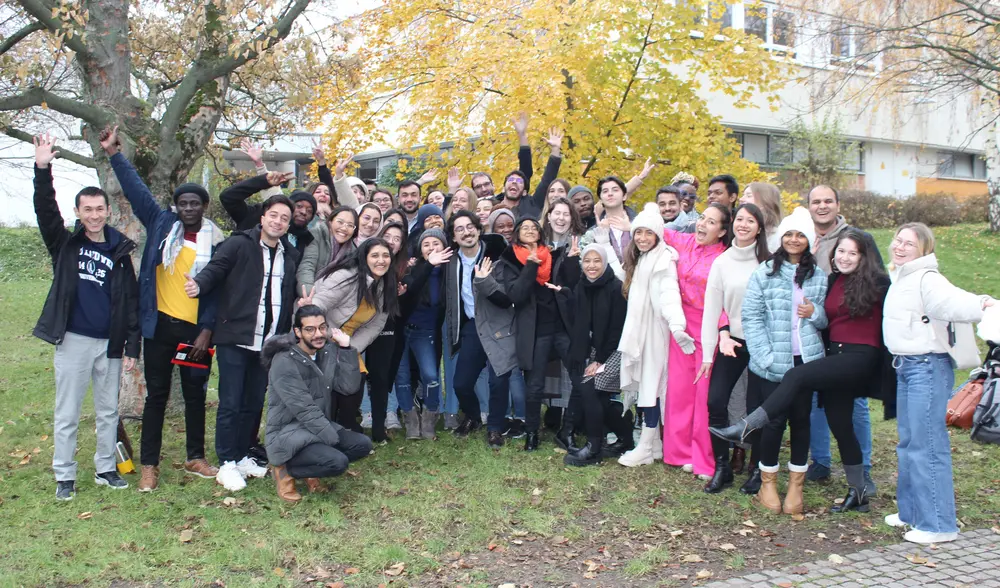
In this blog, we interview four first-year students about their perception of public policy and how it has changed since commencing the Brandt School. (Photo: Kristina Seidel)
Public policy is known for its wide applicability and incredible diversity. As one of the interviewees in this blog put it, studying public policy means that “A thousand doors are open to you”. Accordingly, thousands of (sometimes conflicting) understandings of public policy exist. In this blog, we interview four first-year students about their perception of public policy and how it has changed since commencing the Brandt School.
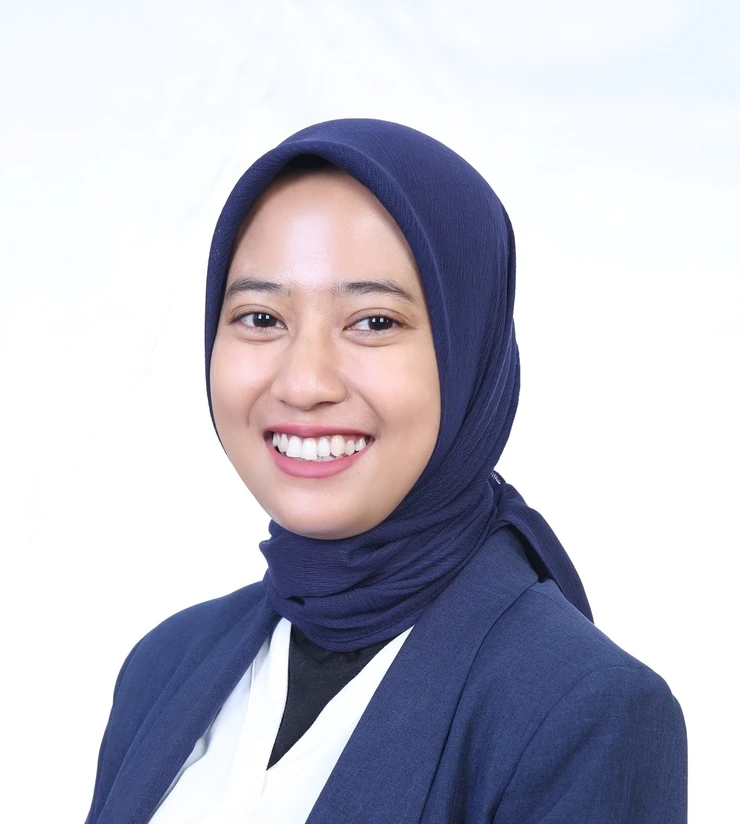
Novita Dwi Andari | Indonesia
B.A. in Economics
Work experience in taxation
Q: What was your initial understanding of public policy when you were applying for the Brandt School?
A: I was introduced to the public policy during my work as a tax officer in a state-owned company in Indonesia. Taxation is interlinked with budgeting and fiscal policy so working there, I learnt somewhat about how policies are made and implemented. So, to me, public policy was more in its economic sense.
Q: How has your understanding of public policy changed after joining the Brandt School and doing half a semester?
A: For one, the policy toolbox is much beyond business — an area I was trained for and worked in. People who come from business and economics tend to think about maximizing the benefits of companies, but here we focus on the interest of the public and the welfare of society, so we work with different tools. Also, I see a lot of comparative content. For example, in our political economy of development class, we see how the problems in countries are similar or different, and how we can approach them correctly. Recently, we debated comparative advantage and I found a lot of important insight in the Indonesian case vis-a-vis other countries. I could see parallels but I also see that there is no such thing as one size fits all approach.
Giving a more personal answer, I feel problem-solving which is at the core of public policy gives you a sense of empowerment. Giving an everyday example, when we meet with friends over a coffee, we now talk more about the possible solutions we see around us, rather than talking only about the problems.
Q: What are some of the options public policy gives you career-wise?
A: Public policy gives you two good things. One is a wide variety of choices. A thousand doors are open to you. Second, it makes you critical and gives you the proper knowledge to influence policies even if you do not directly work on them. Policies are extremely powerful tools and getting them in the right direction makes a big difference. Even in a citizen’s capacity, you can do it when you have some knowledge of policy. So it is not only about making your career but being a good citizen.
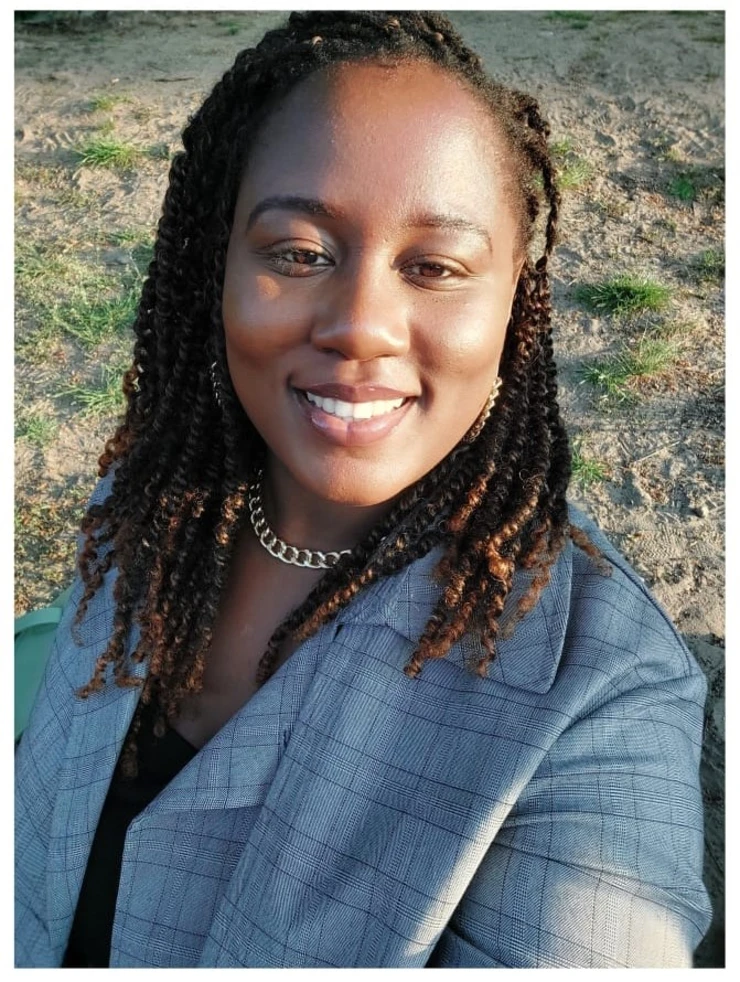
Tracy Awiti Shimoli | Kenya
B.A. in International Relations and Security Studies
Work experience in business investment
Q: What was your initial understanding of public policy when you were applying for the Brandt School?
A: Initially I had an abstract idea of public policy. It seemed to me more of a legislation process. Then I checked the brochures and syllabi of universities and found out that there is economics, finance, and some focus on institutions and NGOs.
Q: How has your understanding of public policy changed after studying for half a semester at the Brandt School?
A: Now I understand public policy as a discipline with applicability in a wide range of sectors. I also see a lot of content about structured and effective advocacy and NGO work. But regardless of the sector you will work in, I think public policy gives you specific tools with which you can do things better. Result-based management is one good example. You can navigate your work with it well and manage to get the result you set in the first place. There are many other such tools in public policy.
Q: What are some of the options public policy gives you career-wise?
A: Well, now I plan to focus on community building and gender. This is the field I want to focus on upon graduation. I feel public policy gives me the tools to work on these topics. But speaking generally, public policy can help people with a background in international relations with getting things done rightly in politics. It also helps them with working both inside and outside the government in NGOs. It gives them a wide variety of options.
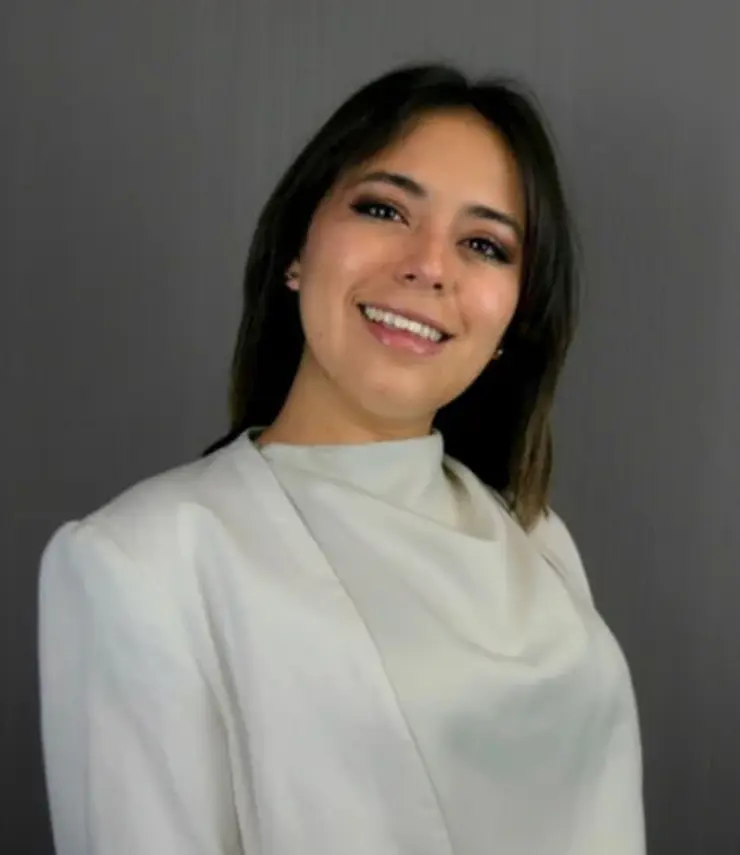
Paulina Denhí Gómez Escalona| Mexico
B.A. in Criminology
Work experience in the legal profession
Q: What was your initial understanding of public policy when you were applying for the Brandt School?
When I was doing my research for this program, I assumed we will be taught about creating policies in a particular way, and that everything was going to be about the implementation and evaluation of policies around the world, mainly in a descriptive manner.
Q: How has your understanding of public policy changed after studying for half a semester at the Brandt School?
I think it is more than a policy cycle. There is a lot about what is going on behind design, implementation and evaluation. We study theories, models and institutions facilitating these steps. I like how we go through the back doors of these theories, trying to understand how they all began. In the Brandt School, there is an additional value: a comparative lens. Students come from all around the world, and have different public problems to approach, so we end up having a lot of comparative analyses. It avoids it becoming all about back-to-back theories. There are Latin Americans with more or less my background, also Europeans who understand development differently compared to say Asians or Africans who come from a different context. All in all, this creates an interesting space for debate and discussion about real cases.
Q: What are some of the options public policy gives you career-wise?
A: I have a background in criminology and law. When I started my bachelor, I was happy because it was focused on avoiding certain situations (mostly criminal) in society while facilitating certain others. Now I feel public policy has an even bigger potential for such a purpose. That is why I enrolled for it. With a graduate education in public policy, I think I can focus on the overall development of Mexico. Particularly, I plan to focus on economic development and the digital future, and through it, help my country in achieving economic equality and poverty reduction.
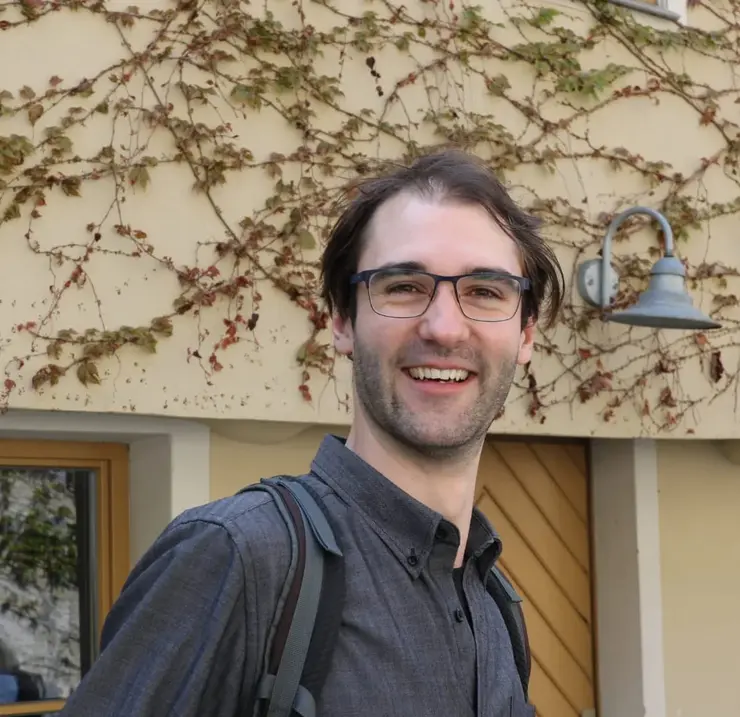
William McNeill| New Zealand
B.Mus. and M.Mus.
Work experience in music
Q: What was your initial understanding of public policy when you were applying for the Brandt School?
A: My understanding of public policy was primarily shaped by what my family members told me from their policy jobs: helping ban ozone-depleting chemicals or taking part in drafting EU regulations on the difference between jam, confiture, marmalade and fruit spreads (it’s about the fruit and sugar content and yes, extremely controversial!). So basically, public policy for me was a wide and fascinating field; sometimes surreal like the jams, but mostly about helping improve society.
Q: How has your understanding of public policy changed after studying for half a semester at the Brandt School?
I now see that public policy is not just a matter of finding solutions to social problems, but is much more complex. The problem and solution finding are not so straightforward. From inception, public policy is constantly subject to complex challenges — politically and structurally. There are heaps of interesting theories and models such as the Rational Choice Model and Principal-Agent Problem, which radically change how one thinks about the policy cycle. So, it is much beyond social problems and solutions to them.
Q: What are some of the options public policy gives you career-wise?
With a Bachelor’s and Master’s in Music, public policy is a total career shift. I’ve always been interested in economics, politics, space and the environment, and being in the Brandt School has not only reinforced these interests but has also expanded my horizons into fascinating areas I wouldn’t have expected — Energy for example. It sounds topical yet boring, but it really isn’t, thanks to Professor Goldthau’s unique approach to it. In the future, I hope to work with NGOs or Government agencies to work in one or more of these policy areas and try to help improve society.
As we see throughout the interviews, there is a great deal of diversity in how students conceptualise public policy, and it mainly depends on their background and the discipline they come from. For some, it is about problem-solving; for others it is about making the world more equal. Whatever the understanding may be, there is, however, a consensus that once commencing studies in public policy it has room for flexibility and by extension, adaptation.
Interested in starting your own MPP journey at the Brandt School?
You can find out more about our program and the online application on our website.
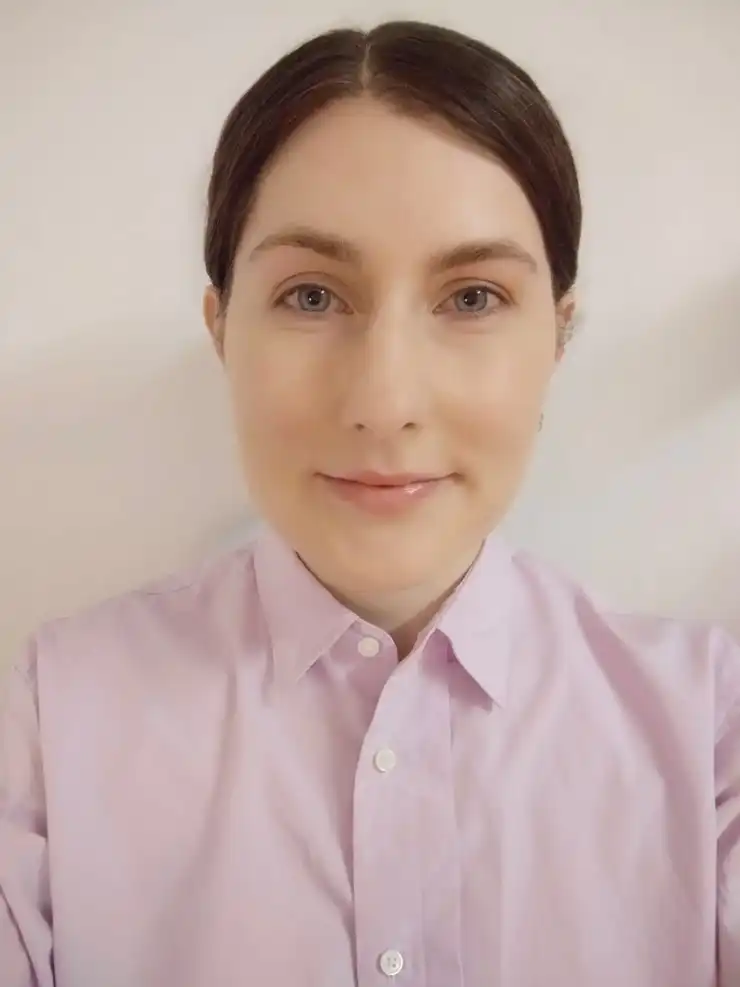
About the interviewers
Alyssa McIntyre is a first-year MPP student from Australia with a Bachelor of Arts. She is particularly interested in disability-related and health policy.
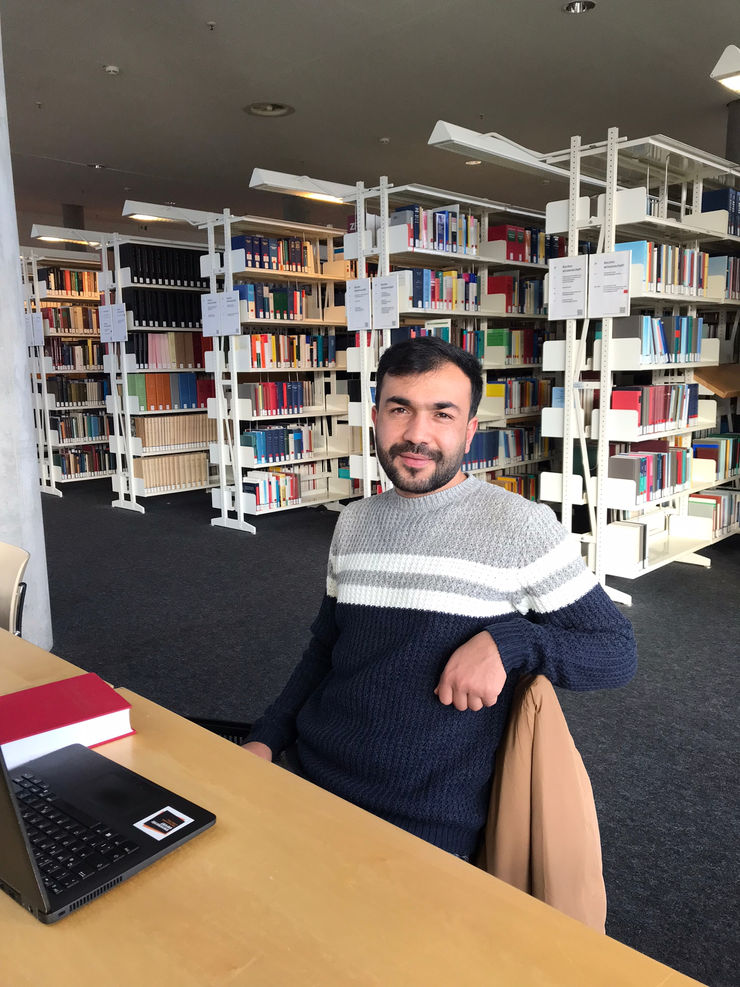
Sayed Ziafatullah Saeedi is a first-year MPP student from Afghanistan. His interest areas include development and conflict.
~ The views represented in this blog post do not necessarily represent those of the Brandt School. ~